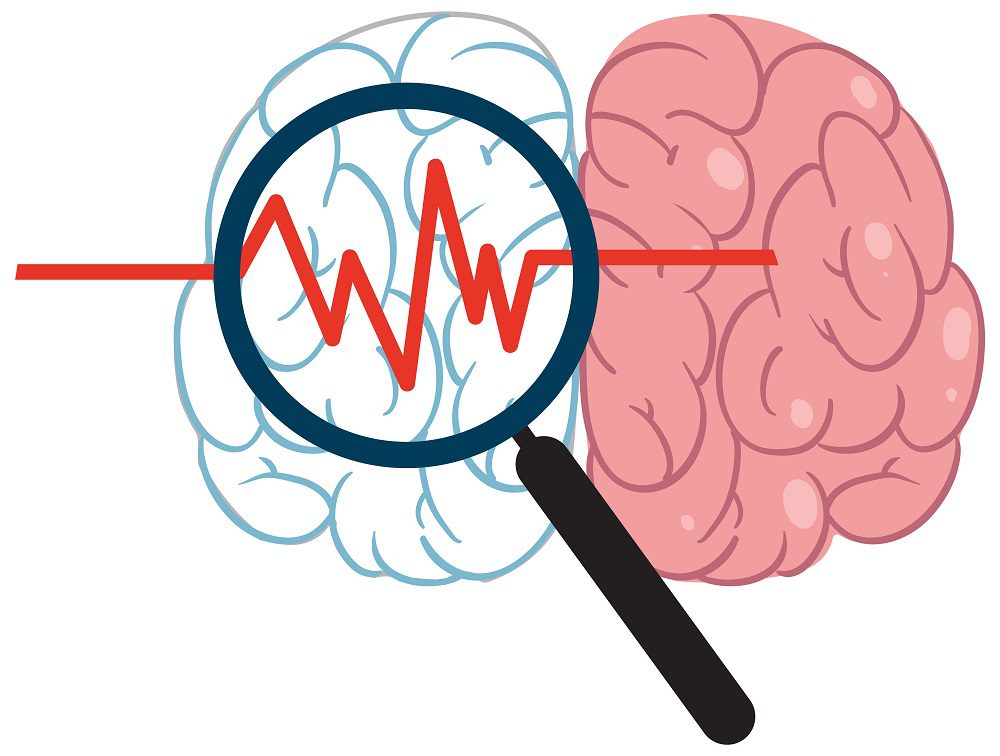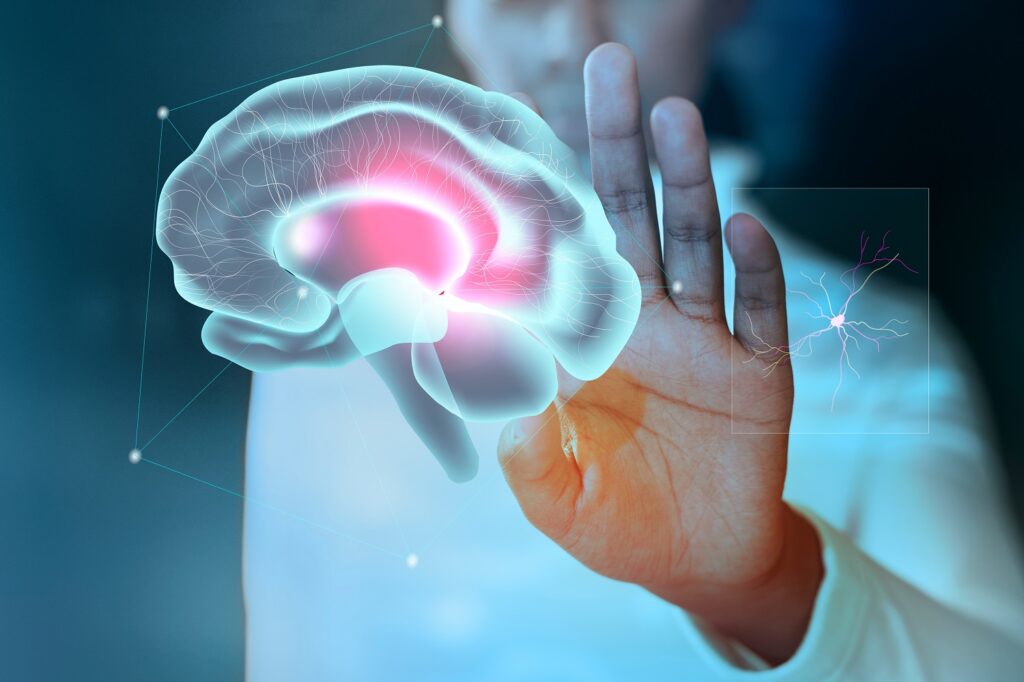Neurological disorders can cause problems in chewing and swallowing or impair functionality in daily life. Depression, which is often seen in patients with chronic neurological disorders, also increases the risk of malnutrition. Impairment of cognitive function makes it difficult to prepare food and increases the risk of malnutrition.
Gastroparesis due to Parkinson’s disease or diabetes can lead to decreased intake due to symptoms such as decreased appetite, early satiety, nausea, vomiting, regurgitation, and abdominal distension.
Constipation frequently occurs as a result of delayed gastric emptying, decreased intestinal motility, decreased abdominal muscle strength, autonomic nerve dysfunction, and adverse effects of medications. Reduced food and water intake itself can cause constipation and can lead to malnutrition. Dysphagia due to stroke makes it difficult to consume sufficient amounts of food or beverage which decreases the nutritional status and increases the risk of malnutrition.















